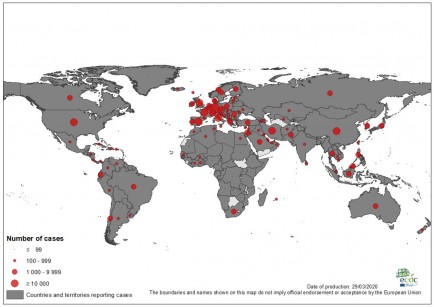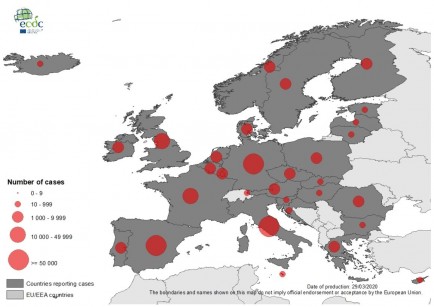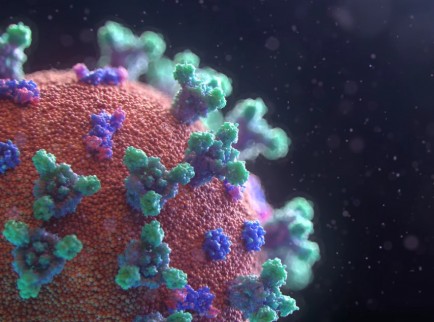What Is an Allergy?
It’s what happens when your immune system reacts to something that’s usually harmless. Those triggers, which doctors call “allergens,” can include pollen, mold, and animal dander, certain foods, or things that irritate your skin.
Allergies are very common. At least 1 in 5 Americans has one.
What Happens During an Allergic Reaction?
It starts when you come into contact with a trigger that you inhale, swallow, or get on your skin.
In response, your body starts to make a protein called IgE, which grabs onto the allergen. Then histamine and other chemicals get released into the blood. That causes the symptoms you notice.
What Are the Symptoms?
Your symptoms depend on how you’re exposed — through the air, your skin, food, or through an insect sting.
If you’ve got a nasal allergy (one that’s triggered by something you inhale), common symptoms include:
- Itchy, watery eyes
- Sneezing
- Itchy, runny nose
- Feeling tired or ill
Common symptoms of a skin allergy include rashes and hives (a rash with raised red patches).
Food allergies can also cause stomach cramps, vomiting, and diarrhea.
If an insect sting was the trigger, you’ll have swelling, redness, and pain where it stung you.
Symptoms can range from mild to severe. Most go away shortly after the exposure stops.
Mild ones may be almost unnoticeable. You might just feel a little “off.”
Moderate symptoms can make you feel ill, as if you’ve got a cold or even the flu.
Severe allergic reactions are extreme.
Is It Anaphylaxis?
The most severe allergic reaction is called anaphylaxis. It affects your whole body. Symptoms can include:
- Hives and itching all over
- Wheezing or shortness of breath
- Hoarseness or tightness in the throat
- Tingling in the hands, feet, lips, or scalp
Anaphylaxis is life-threatening, so call 911 right away. If you have an epinephrine auto-injector, use it and repeat after 5 to 15 minutes if your symptoms haven’t improved. You’ll still need medical care right after you give yourself the shots, even if your symptoms seem to stop, because a delayed reaction could still happen.
Original article: https://www.webmd.com/allergies/allergy-basics



























Comments